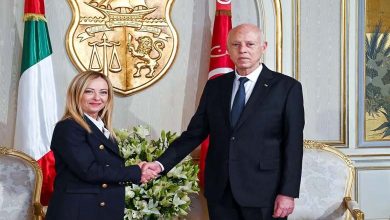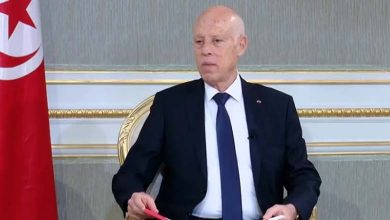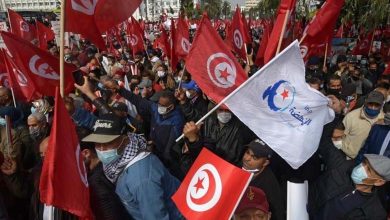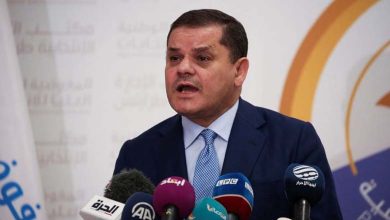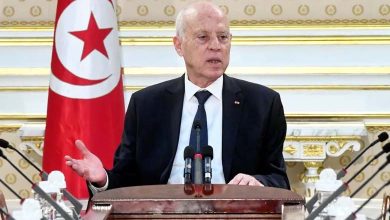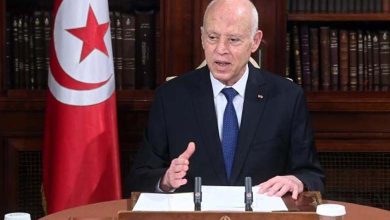Tunisia: More than 1400 candidates vie for 161 seats… Ennahdha sticks to election boycott
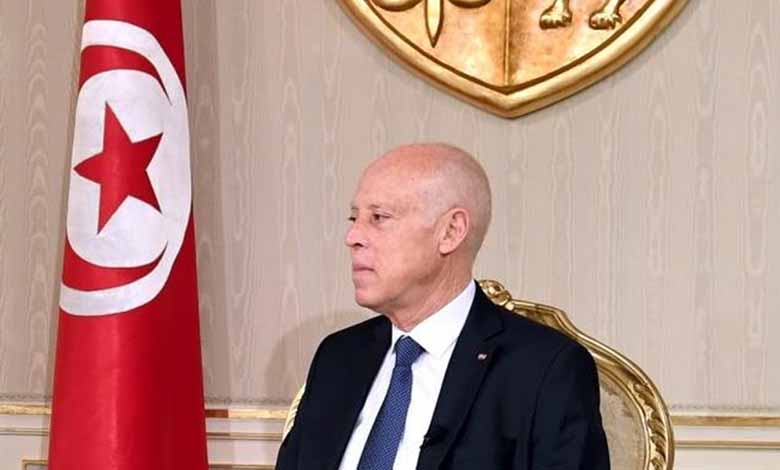
Tunisia is preparing to hold a premature parliamentary election, in an exceptional context according to the procedures announced by President Kais Saied on July 25, 2021, amid a boycott of a wide part of the political spectrum, foremost among them the Muslim Brotherhood’s Ennahdha movement, which has topped the scene for the past 10 years, and which Tunisians describe as the “black decade”. Saied is seeking to put an end to its expansion and return power to the people, according to him.
Ennahdha, which is seeking to initiate a dialog with Saied, reiterated its commitment to boycotting the upcoming legislative elections in the country, describing them as a “farce,” according to a statement issued by the executive office of the movement, on Thursday.
The statement, issued after a meeting of the movement headed by Rached Ghannouchi, President of the Tunisian Parliament, which was dissolved, said: “It confirms its firm position in boycotting the farce of the upcoming legislative elections at all levels, candidacy, and elections. It considers that the attempts to amend the electoral process laws and extend the period of candidacy due to the low turnout rate, the existence of several constituencies without candidates, the crimes of financial corruption recorded, and the marginalization of women’s representation in the elections, reinforce its firm position on the whole coup track.”
The statement noted that what it described as the “coup regime” aims at “establishing an absolute individual regime, undermining freedoms and fair democratic competition, and establishing a Syrian parliament and institutions that are devoid of any oversight role over the absolute authority of the president”.
In its statement, the movement denounced what it said was “the deliberate obstruction of judicial movement by Kais Saied,” pointing out that it is “a dangerous precedent in the history of the country and the Ministry of Justice continues to pressure judges to serve the agenda of the coup authority by relying on the inspectorate to raise criminal cases against unjustly dismissed judges and ignore the decisions of the administrative court that has dealt them justice.”
According to the statistics of the Tunisian Elections Commission, more than 1400 candidates in the legislative elections, which will be held for the first time on individuals and not on lists, are competing for 161 seats in an exceptional parliament. Tunisians are waiting to achieve their aspirations, despite the growing fears of attempts to influence the course of the electoral process, using the political funds that have played a pivotal role in the Tunisian scene during the last ten years.
According to the new election law issued by President Kais Saied last September, the new House of Representatives will have 161 members, up from 217 previously.




